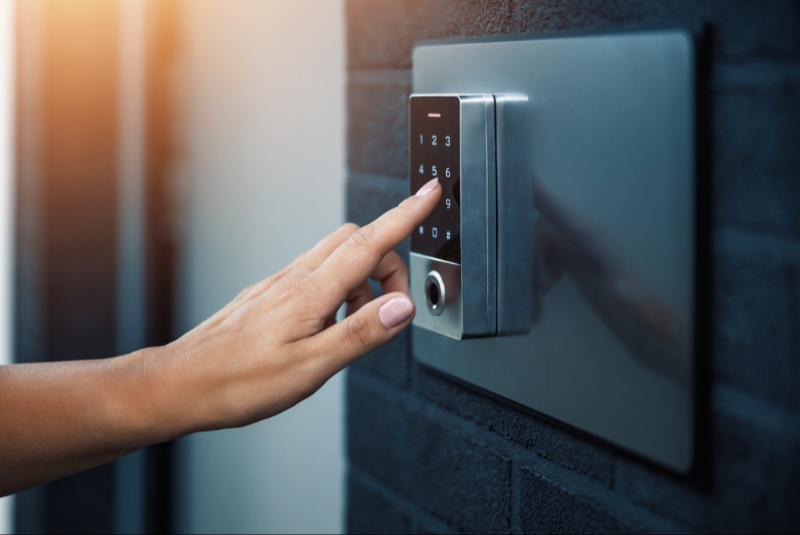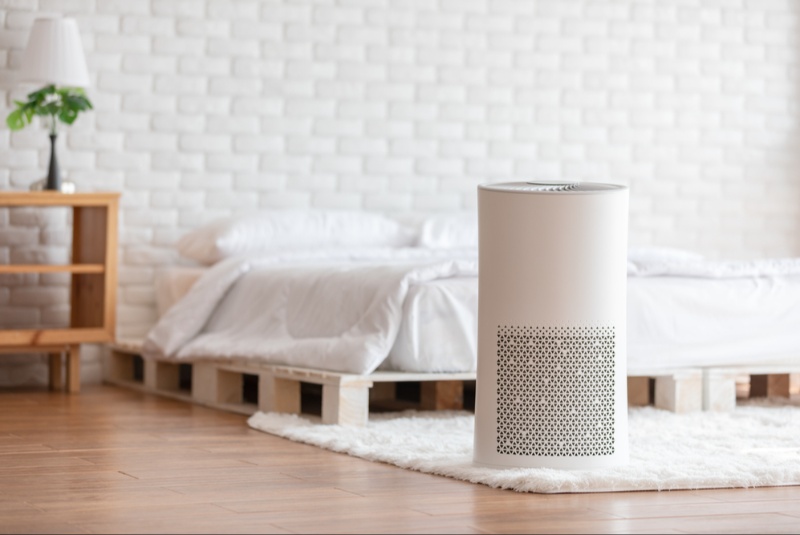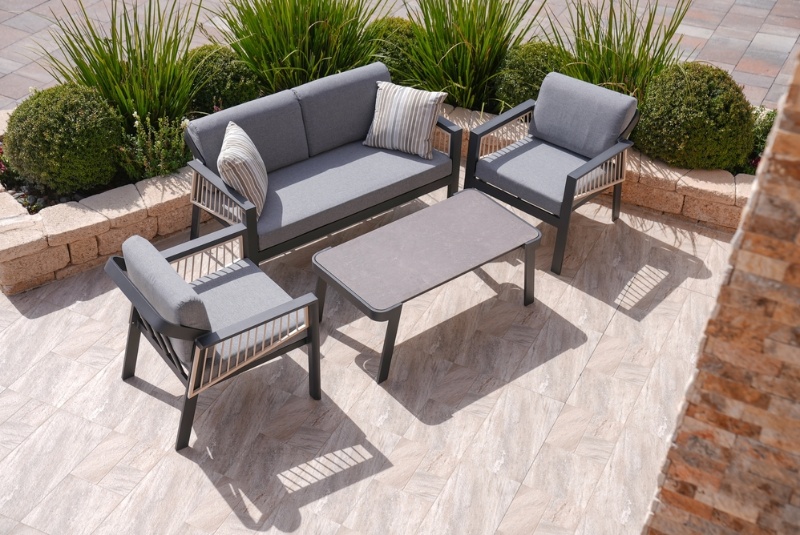Understanding Smart Lock Technology
Smart locks represent a significant advancement in home security, offering homeowners the ability to lock and unlock their doors using smartphones, keypads, or voice commands. These devices connect to your home Wi-Fi or Bluetooth, allowing for remote access and management. Beyond basic locking and unlocking, smart locks can provide access logs, temporary keys for guests, and integration with home automation systems. Choosing a smart lock involves understanding the different technologies and features available, ensuring the selection enhances both your home's security and convenience.
Evaluating Compatibility and Installation Requirements
Before purchasing a smart lock, it's crucial to evaluate its compatibility with your existing door hardware and home automation system. Smart locks vary in their installation requirements—some might necessitate a complete replacement of your door's locking mechanism, while others can be added to existing deadbolts. Consider the technical skills required for installation; some homeowners might feel comfortable installing a smart lock themselves, while others may prefer professional installation. Ensuring that your chosen smart lock fits your door and integrates seamlessly with other smart home devices is vital for a cohesive and functional home security system.
Prioritizing Security Features and Protocols
When selecting a smart lock, prioritize models that offer advanced security features and robust encryption protocols to protect against hacking and unauthorized access. Features to look for include two-factor authentication, auto-locking capabilities, and alerts for unusual activities. Additionally, examine the lock's encryption method for communication between the lock and your smartphone or home network. Opting for locks that utilize secure channels and encryption can significantly enhance your home's protection against digital threats.
Exploring Connectivity Options: Bluetooth, Wi-Fi, and Z-Wave
Smart locks connect to your home network and devices using various protocols, including Bluetooth, Wi-Fi, and Z-Wave. Bluetooth locks offer convenience and lower power consumption but typically have a limited range. Wi-Fi-enabled locks provide remote access and integration with broader smart home systems but may consume more power. Z-Wave locks require a hub to connect to the internet but offer the advantage of longer battery life and the ability to function as part of a larger smart home ecosystem. Understanding the strengths and limitations of each connectivity option will help you choose a smart lock that best fits your lifestyle and home automation preferences.

Considering User Management and Access Control
One of the primary benefits of smart locks is the ability to manage user access without physical keys. Look for locks that offer flexible user management features, such as creating temporary access codes for guests or service providers and setting access schedules. Additionally, some smart locks provide features like eKeys, which can be sent to guests' smartphones for temporary access. This functionality not only enhances security by eliminating the need for spare keys but also offers convenience by allowing homeowners to control access to their property remotely.
Integrating Smart Locks with Home Automation Systems
For those invested in home automation, selecting a smart lock that integrates seamlessly with your existing system is crucial. Compatibility with platforms like Apple HomeKit, Google Assistant, and Amazon Alexa enables voice control and the ability to set up routines or scenes that include locking or unlocking doors. Furthermore, integration with security cameras, doorbells, and lighting systems can create a comprehensive and cohesive smart home security setup. When choosing a smart lock, consider how it will fit into your broader home automation ecosystem to maximize convenience and security.
Maintenance and Power Considerations
Smart locks, like all electronic devices, require maintenance and power management to ensure optimal performance. Consider the battery life of the lock and the ease of replacing batteries. Some smart locks feature low battery notifications to alert you when it's time for a change. Additionally, explore options for emergency access, such as physical keys or external battery terminals, to prevent lockouts in case of power failure. Understanding the maintenance requirements and power backup options will help ensure your smart lock remains a reliable part of your home security system.
Navigating Future Tech and Updates
As smart technology continues to evolve, choosing a smart lock that can receive firmware and software updates is essential. These updates can enhance your lock's functionality, improve security features, and fix any known vulnerabilities. Opting for a smart lock from a company that regularly updates its products ensures that your security system remains up-to-date with the latest technological advancements and security protocols. Additionally, consider the manufacturer's track record for supporting older models to ensure your investment remains secure and functional over time. By prioritizing future-proofing in your selection, you can enjoy a smart lock that adapts and evolves with the rapidly changing tech landscape.
Making an Informed Decision
Armed with an understanding of smart lock technology, compatibility requirements, security protocols, connectivity options, user management features, integration capabilities, and maintenance considerations, you're well-equipped to make an informed decision. The right smart lock can offer not only enhanced security for your home but also increased convenience and peace of mind. Take the time to research, compare features, and consider how a smart lock can fit into your lifestyle and home security strategy. By carefully selecting a smart lock that meets your specific needs, you can take a significant step toward securing your sanctuary in the digital age.
By following this outline and expanding on each section with detailed information and examples, you'll be able to create a comprehensive and informative article on smart locks. This structured approach ensures that all aspects




